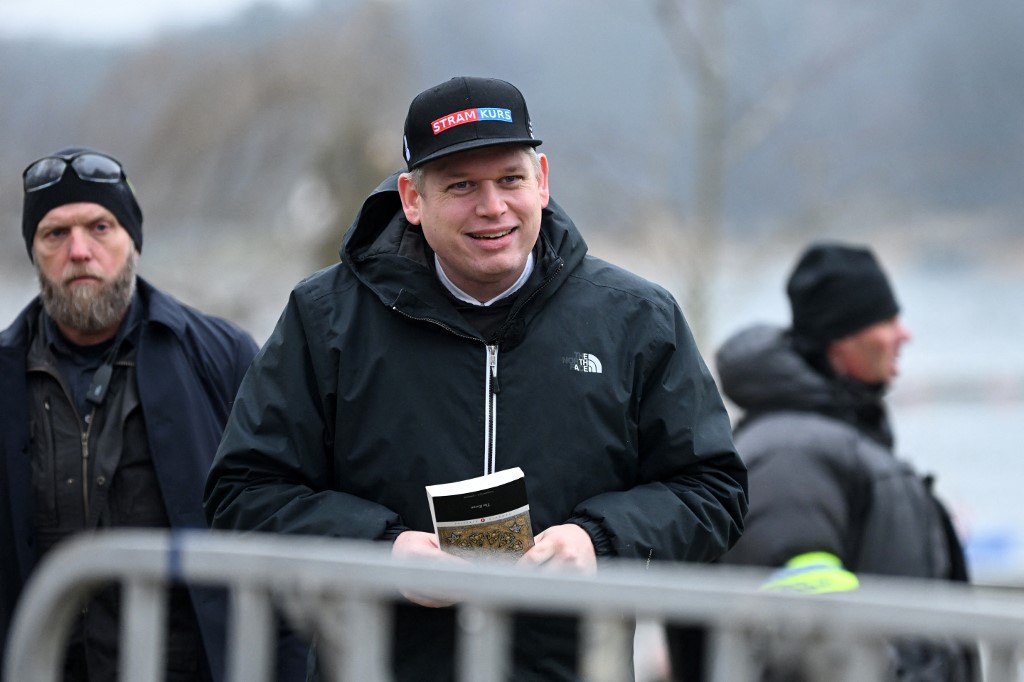A consortium of European media outlets, including Expressen, DR, Le Monde, Süddeutsche Zeitung, NRK, SVT, Delfi, WDR/NRD and the Dossier Center, has uncovered a Russian influence campaign designed to complicate relations between Turkey and its allies in the EU and NATO.
1/9 Leaked documents reveal: Russian intelligence service arranged fake protests in Europe – inspired by Quran burnings – to provoke Erdogan.
I'm publishing a new investigation today, with the @dossier_center and several European media outlets. DR: https://t.co/n0zxUkpIUZ👇 pic.twitter.com/Wq2Mqz5DWa
— Kevin Shakir (@kevinshakir) May 7, 2023
Leaked documents, allegedly from a Russian intelligence officer, show that Moscow exploited protests in Sweden targeting President Recep Tayyip Erdoğan and Turkey, where Ankara’s resistance to their NATO accession has fueled tensions.
The investigation reveals that Russian special services has been organizing fake protests across European cities, employing tactics such as burning the Turkish flag and insulting Erdoğan to escalate tensions between Turkey and the EU countries and to drive a wedge between Turkey and NATO.
This influence campaign emerged amid heightened tensions between Turkey and Sweden due to Turkey’s opposition to Sweden’s NATO membership bid. The campaign appears to have been inspired by a Quran-burning incident in Stockholm in January.
The burning of the Quran in Stockholm and subsequent anti-Turkey events have strained the relationship between the two countries, providing an opportunity for Russia to exploit the situation and drive a wedge between NATO allies.
According to the leaked documents, detailed instructions were provided on using “local residents or migrants” to provoke conflicts by recording and distributing videos of the Turkish flag being burned or Erdoğan being insulted. Proposed actions included burning Erdoğan’s portrait in The Hague and initiating an extensive graffiti campaign against Erdoğan in major European cities.
The revelation comes after Turkey approved Finland’s NATO membership in March after monthslong resistance, making Finland the 31st member of the alliance. Turkey had previously resisted Sweden’s NATO candidacy due to longstanding disputes and grievances, including Sweden’s refusal to extradite dozens of suspects linked to a 2016 coup attempt against President Erdoğan and a decadeslong Kurdish fight for an independent state. Sweden is still hoping to join NATO before an upcoming July summit in Vilnius.

